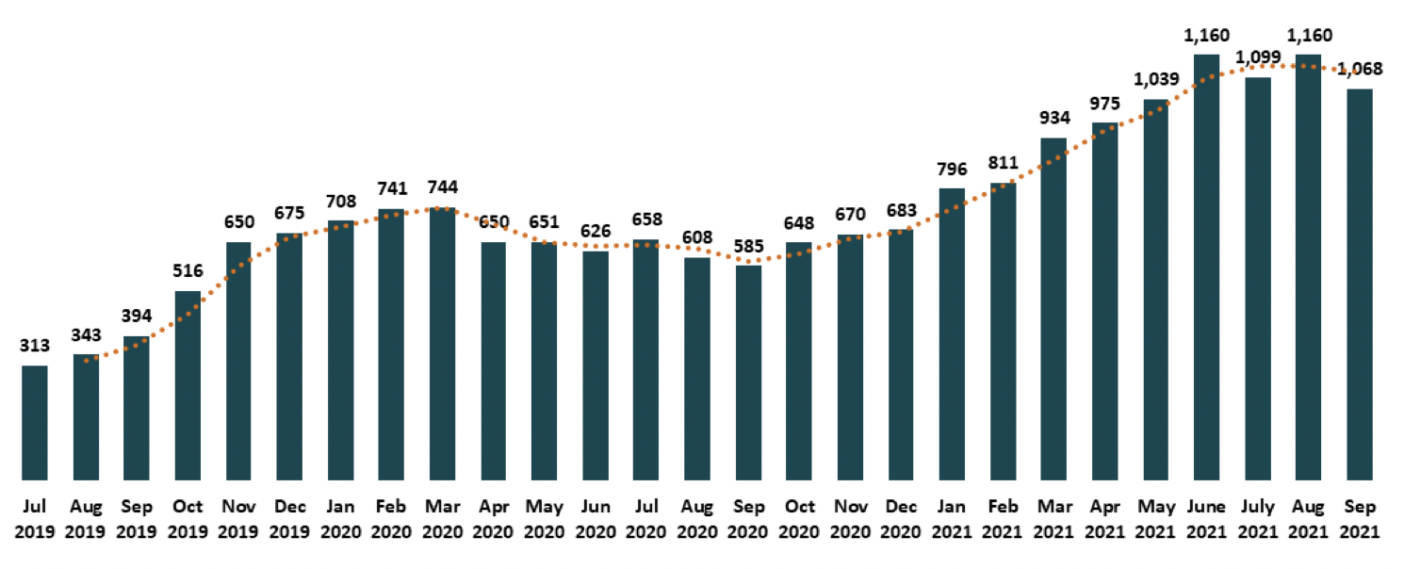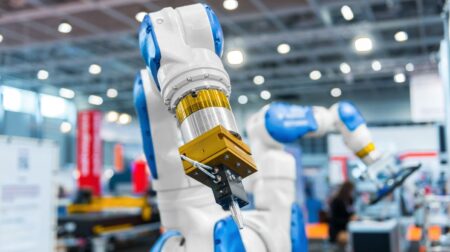Analytics firm GlobalData has found that the growing importance of AI in the pharmaceutical industry is mirrored by a steady rise in AI-related job postings.
According to its jobs analytics database, the number of AI-related job announcements tripled from over 1,000 in Q3 2019 to more than 3,000 in Q3 2021, even despite Covid-19.
Among those hiring were GSK, AstraZeneca, Takeda, Johnson & Johnson, Novartis, Roche, UCB, Bayer and Pfizer.
Urte Jakimaviciute, senior director of market research at GlobalData, said: “AI adoption is a key way to address research and development (R&D) inefficiency challenges in the pharmaceutical industry, and this rise in hiring efforts is just one demonstration of the industry’s interest in AI.
“Unsustainable pharmaceutical business models, and the challenges presented by the Covid-19 pandemic, have illustrated a strong need for innovation to improve business agility, continuity and resilience. Despite being years away from showcasing its real power, AI stands out as a versatile solution to address challenges faced by the entire pharmaceutical value chain.”

The implementation of AI has been shown to lead to quicker drug development timelines, reduced costs, increased likelihood of approval and improved clinical trials processes.
Jakimaviciute, continued: “If we look into drug discovery process, for example, an increasing number of leading pharmaceutical players are partnering with AI vendors to leverage their technology and expertise to identify new drug candidates. Pharmatech companies such as Exscientia already have a history of success with pharma companies – a few examples include collaborations with Sumitomo Dainippon, GSK and BMS.
“AI algorithms, which are trained using large datasets, are expected to play an even bigger role in the future – not only in optimising drug discovery and development, but also enhancing processes such as manufacturing, marketing and sales. The increase in AI-related job announcements showcases the industry’s expectations for this technology to transform and advance the pharmaceutical value chain.”








